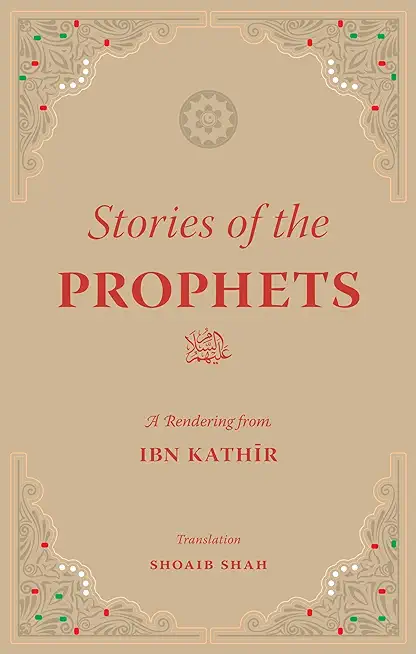
description
nfluential historian, exegete and scholar. He was truly an expert on tafsir (Quranic exegesis) and faqih (jurisprudence), he wrote many great books. In later life, he became blind. He attributes his blindness to working late at night on the Musnad of Ahmad Ibn Hanbal in an attempt to rearrange it topically rather than by narrator. He died in February 1373 (AH 774) in Damascus. He was buried next to his teacher. The stories of the prophets and all the events in their lives have been supported by the Qur'anic Verses and the Sunnah (traditions) of the Prophet (Peace Be Upon Him). In this edition of the book, we have added many Quranic verses in Arabic. The Quran tells us about many of Allah's prophets. Prophet Adam is mentioned in six suras of the Quran. Allah taught Adam many things so that Adam had more knowledge than the angels. There was one Jinn, called Iblis, the Devil. Iblis tried to compare himself to Adam. He believed that he was more honorable than Adam. Therefore he abstained from prostrating even though Allah had commanded him to do so. Adam was surprised by this creature, Iblis who abhorred him without even knowing him and who imagined himself better than Adam without having proved that he was worthier. Allah gives His commissioned creatures' absolute freedom even to the extent that they can refuse His commands. Allah grants them the freedom of denial, disobedience, and even disagreement with Him. His kingdom will not diminish if the disbelievers do not believe in Him nor will it be extended if many people believe in Him.
member goods
No member items were found under this heading.
Return Policy
All sales are final
Shipping
No special shipping considerations available.
Shipping fees determined at checkout.







